
One who writes, perhaps even more than one who speaks, is called to clarify, to bring light. A problem is posed – the problem of something the one who writes should be concerned with since otherwise his respect would be deprived of meaning. This problem is illuminated by the use of words, by a specific use, capable of being organized within the shell of certain rules and in view of a perspective to be attained.
One who reads, perhaps even more than one who listens, does not catch the individual words but their meaning within the sphere of the rules that organize them and the perspective that they affirm they desire to reach.
However weak the meaning of what one writes (or says) might be, the one who reads (or listens) does not carry out the role of passive receiver. The relationship often takes on the appearance of conflict, within which two different universes clash with each other. But this clash is not based on any active intention on the part of the one writing (or speaking), and a passive one on the part of the one hearing (or reading). The two movements are contrary only in appearance. The reader participates in the effort of the writer and the writer in that of the reader. Even if the two movements are separated from each other, they are not so in the fact, which has not been much considered, that the one who writes is always (simultaneously) a reader of the text she is writing, and the one who reads is also himself (simultaneously) the writer of the text that he is reading.
Here two errors are committed. The first is that in which one encounters the writer who thinks that by reading while he writes, he understands what she is writing, and doesn’t realize that often her comprehension is not due to the clarity of the text, but to the reader-writer connection that reaches the highest level in the precise act of organizing words according to a project. The second is that which happens to the reader who, imagining himself in the act of writing the text that he is reading, refuses to accept word choices that are unthinkable to her, and doesn’t realize that often the incomprehensibility of the text that she reads is not so much due to a lack of clarity as to the fact that he would have written it differently.
The thing that seems to escape this binary relationship is the third element, i.e., the topic that is being discussed. The reality examined with words is a barrier that, on the one hand, may help to organize the words in a certain way (accepting some and rejecting others), but, on the other hand, carries out a distorting process with regards to the employment of the accepted words. No word is neutral, but each one, being organized within concepts, contributes to transferring into the reader (and in still different ways, into the listener) a conception of the diffraction of the reality examined (of which one writes or speaks).
Thus, no word is clear or obscure as such; there is no possibility of definitively casting a pool of light on reality, clarifying it once and for all. Once the word is detached from the reality to which it refers and thus from the choice that the writer (or speaker) made on the basis of the suggestions of the reality examined, it no longer means anything. It vanishes, and its possibility for being anything, a means for thought or action, an element for uniting or dividing human beings, vanishes with it. The dictionary is like a warehouse of words. They are lined up there on the shelves, some used continuously, others only rarely, all equally available, but only a few of them able to be coordinated together according to the intentions of the one who chooses and the suggestions of the reality she wants to dress up in words.
It’s just that we can understand words, and thus decide if each of them is “clear” for us, on the condition of being conversant with this operation of dressing up. There are not words on one side, dead objects shut up in dictionaries, and reality on the other side where individual objects exist beside words that are also themselves objects, but all in a haphazard manner, without relationship. Flows of meaning exist, i.e., working procedures in the course of which the elements of reality (that here, for convenience, we can call “objects”) receive meaning through us, putting on linguistic clothes. There is no chair separate from the word that means it, and the different words to which different languages have recourse reconfirm this endeavor as a flow of meaning, proposing philological nuances that through the history of the millennia often cause incredible routes, extraordinary adventures, to emerge.
Dressing reality is thus the primary activity of the human being, the condition for acting and itself an action, the essential form of action, insofar as thought itself is the process of clothing reality (a fact that is not much considered). What could we “do” without the capacity of “reading” reality. We would find ourselves before a dark mass of foreboding and fear. The most important question is not that of the greatest clarity (easiest words, dressed most modestly, linearity in the correspondences), but rather, and maybe contrarily, that of the greatest richness (different words contrasting the commonplaces, dressed in the liveliest colors, uncertainty of correspondence). The word is also enchantment, marvel, joyous invention, fancy, evocation of something other, not the seal of the already seen, the confirmation of one’s certainties.
The aim of speaking and writing is therefore not that of “clarifying”, but of “enriching” reality, of inviting the unexpected, the unpredictable. The one who communicates has no obligation to give us prescriptions for repair, panaceas for our fears, confirmations of our knowledge, but can even feel free to suggest difficult routes, to make uncertainty and danger flare.
And whoever wants to feel safe in his house is free to stop his reading or cover her ears.
https://sites.google.com/site/anarchyinitaly/canenero/the-obscure-clarity-of-words
--translate from italian magazine Cane Nero (Black Dog)


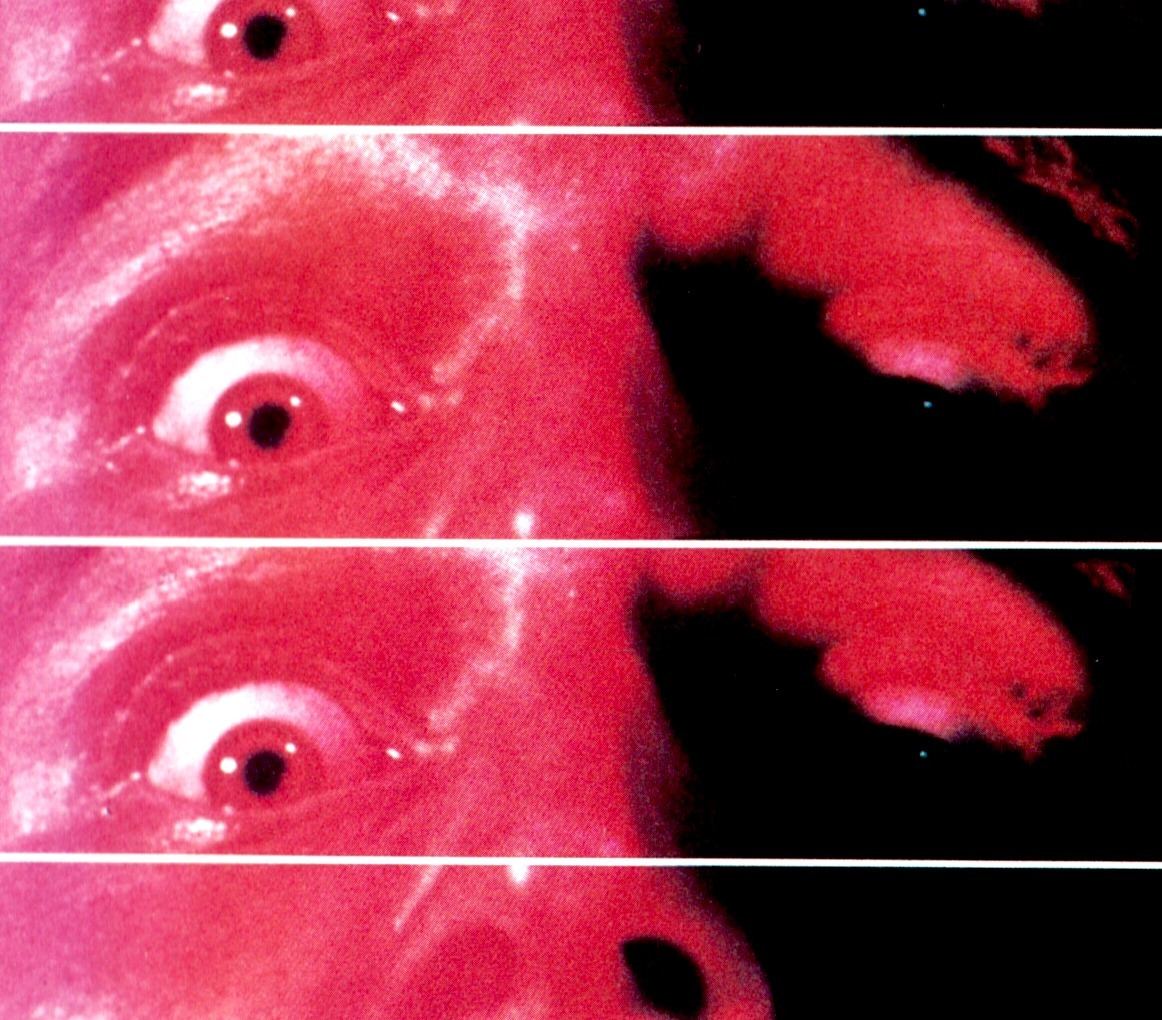




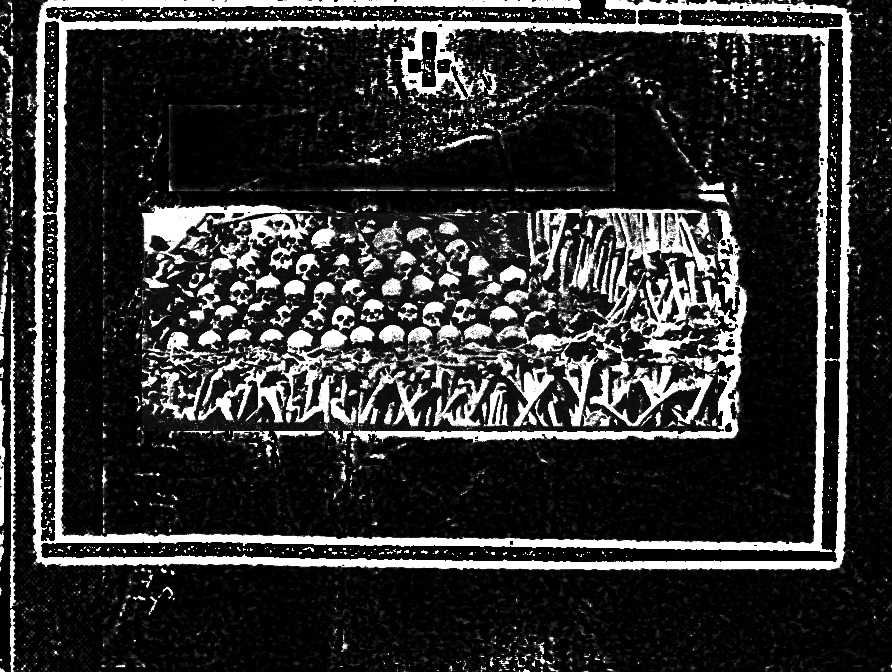
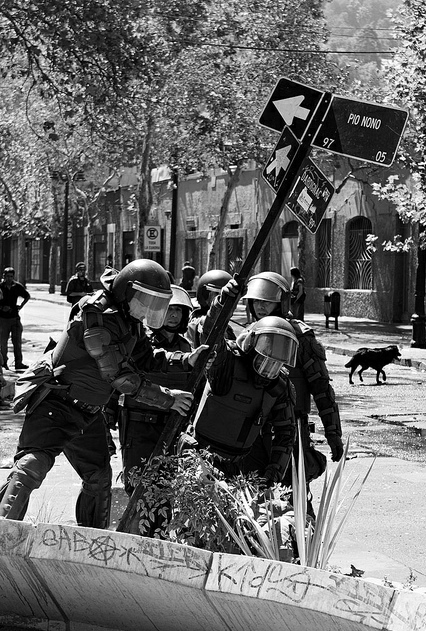
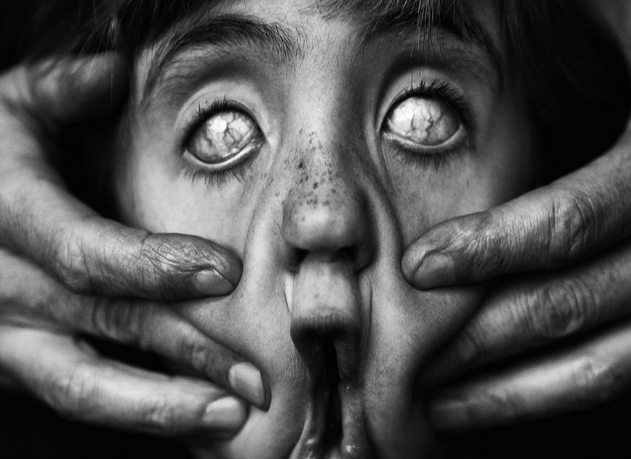


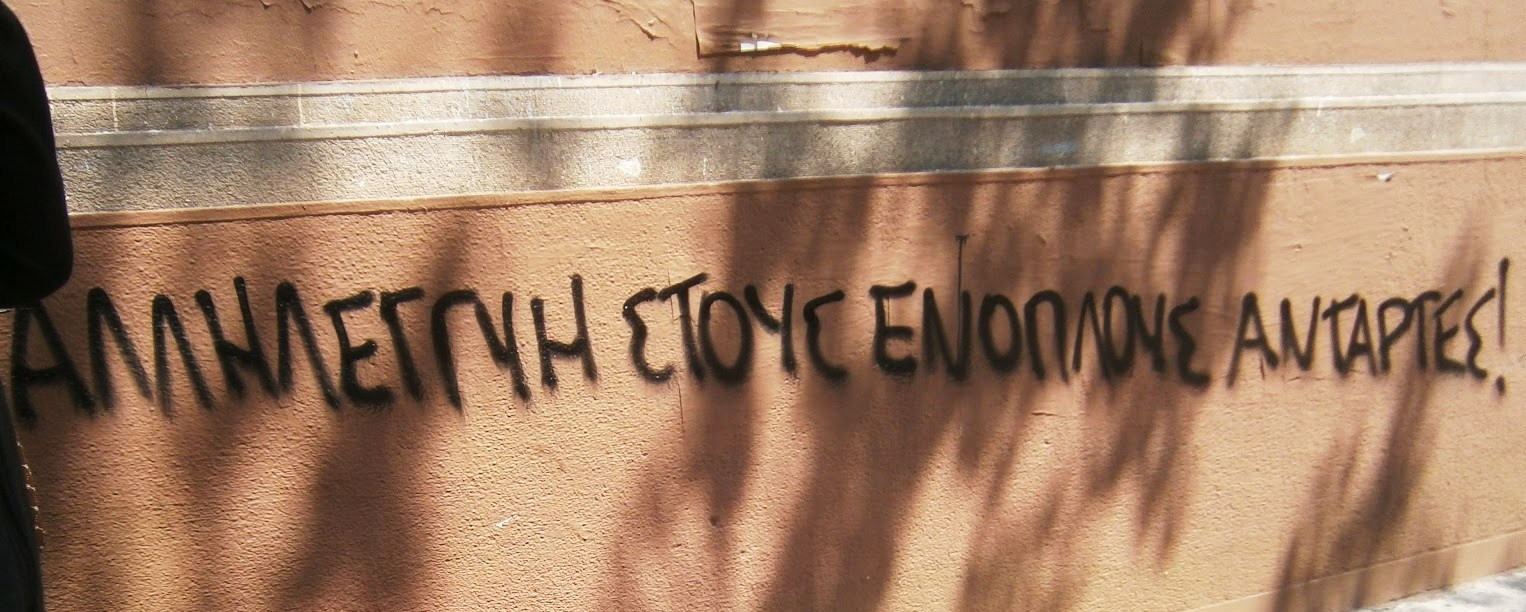

![Eurorepressione - Sulla conferenza a Den Haag sul tema "Anarchia" [corretto]](http://25.media.tumblr.com/tumblr_m0jvngOXtY1qa2163o1_1280.jpg)
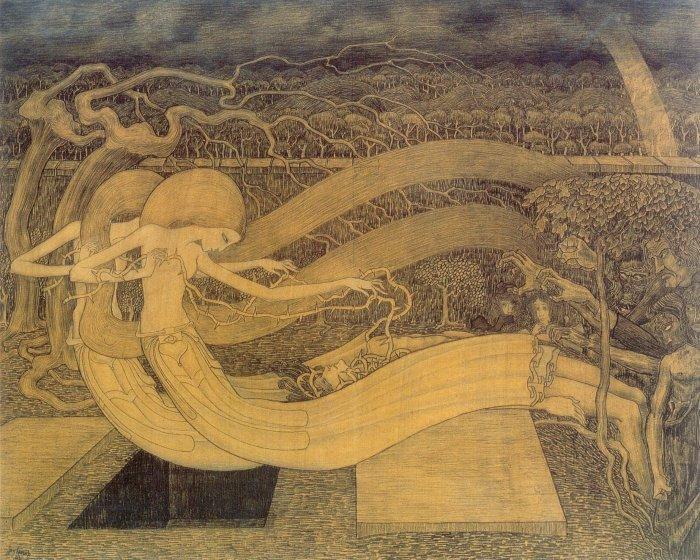
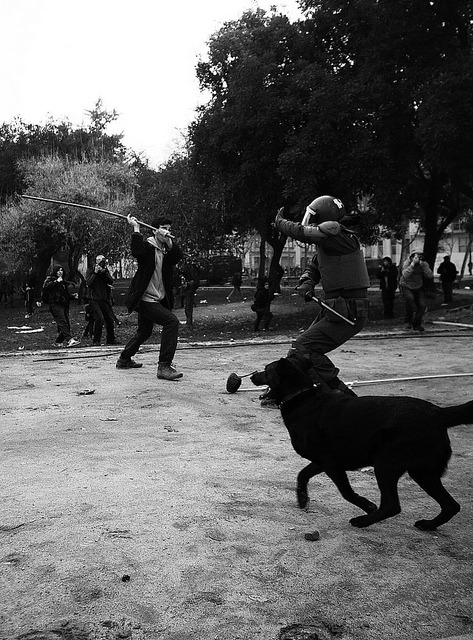
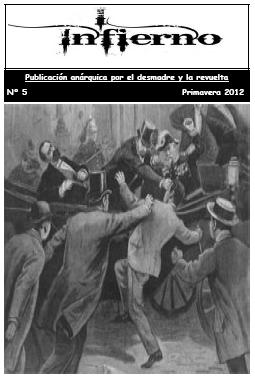
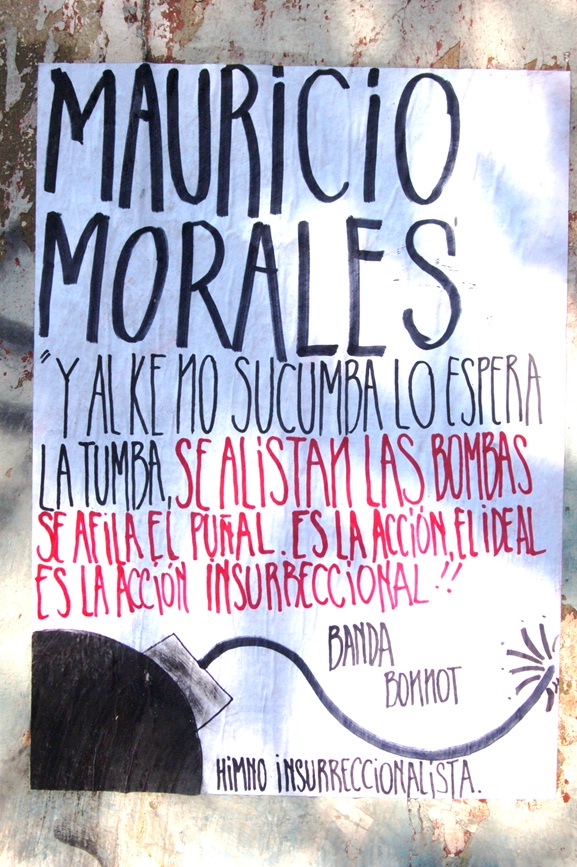
![A tres años de la Partida de Mauricio Morales: De la Memoria a la Calle [Stgo.]](http://metiendoruido.com/wp-content/uploads/2012/05/mmacividad.jpg)

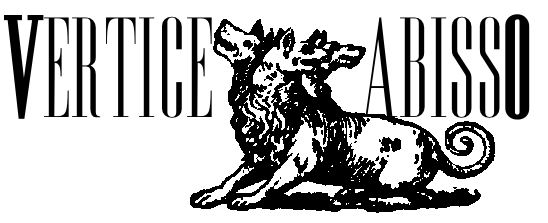



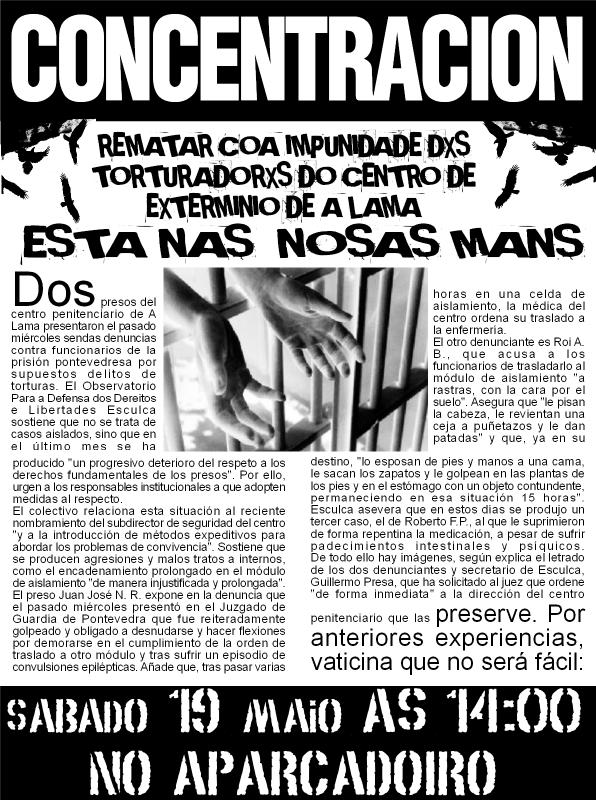

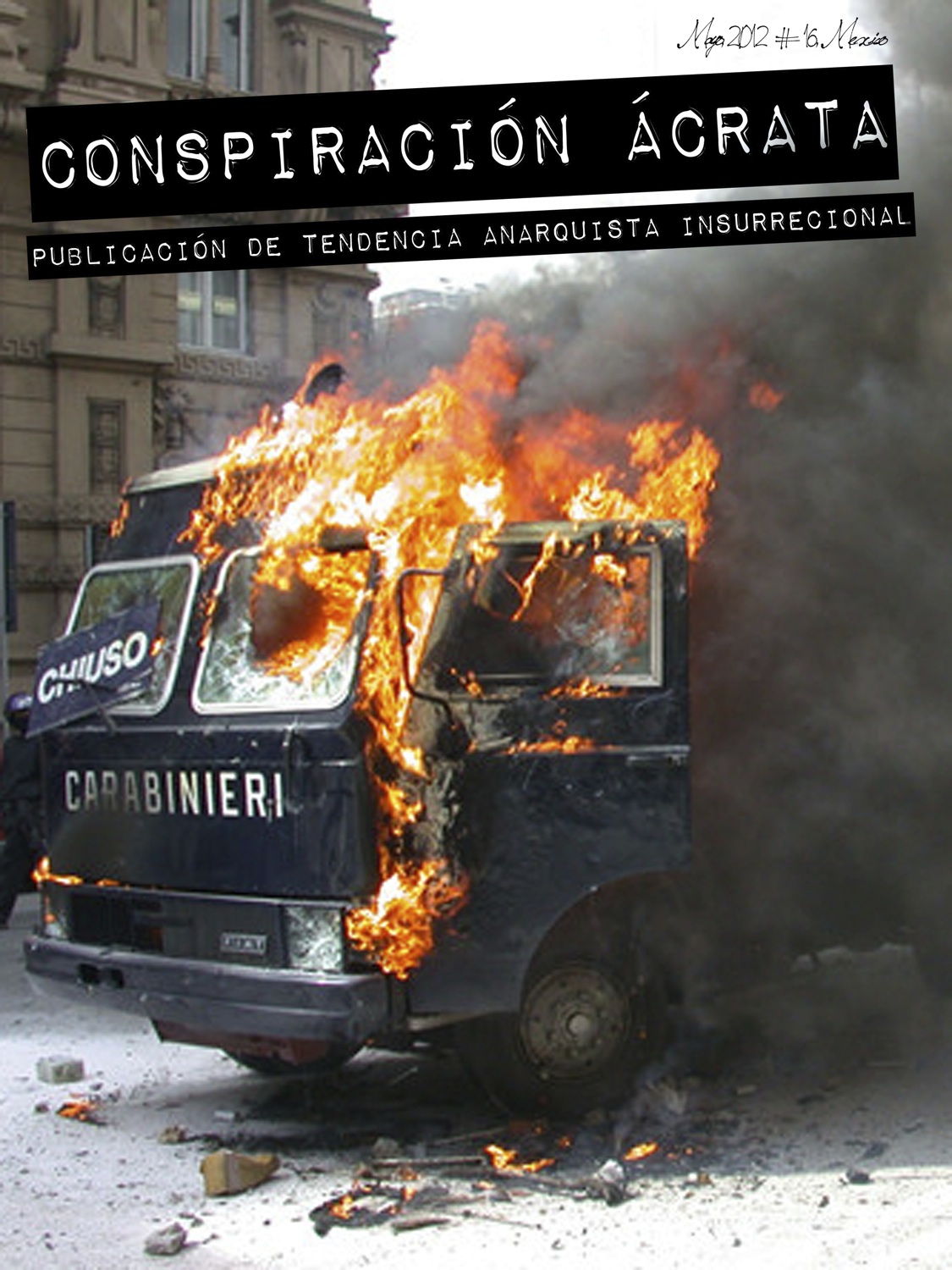

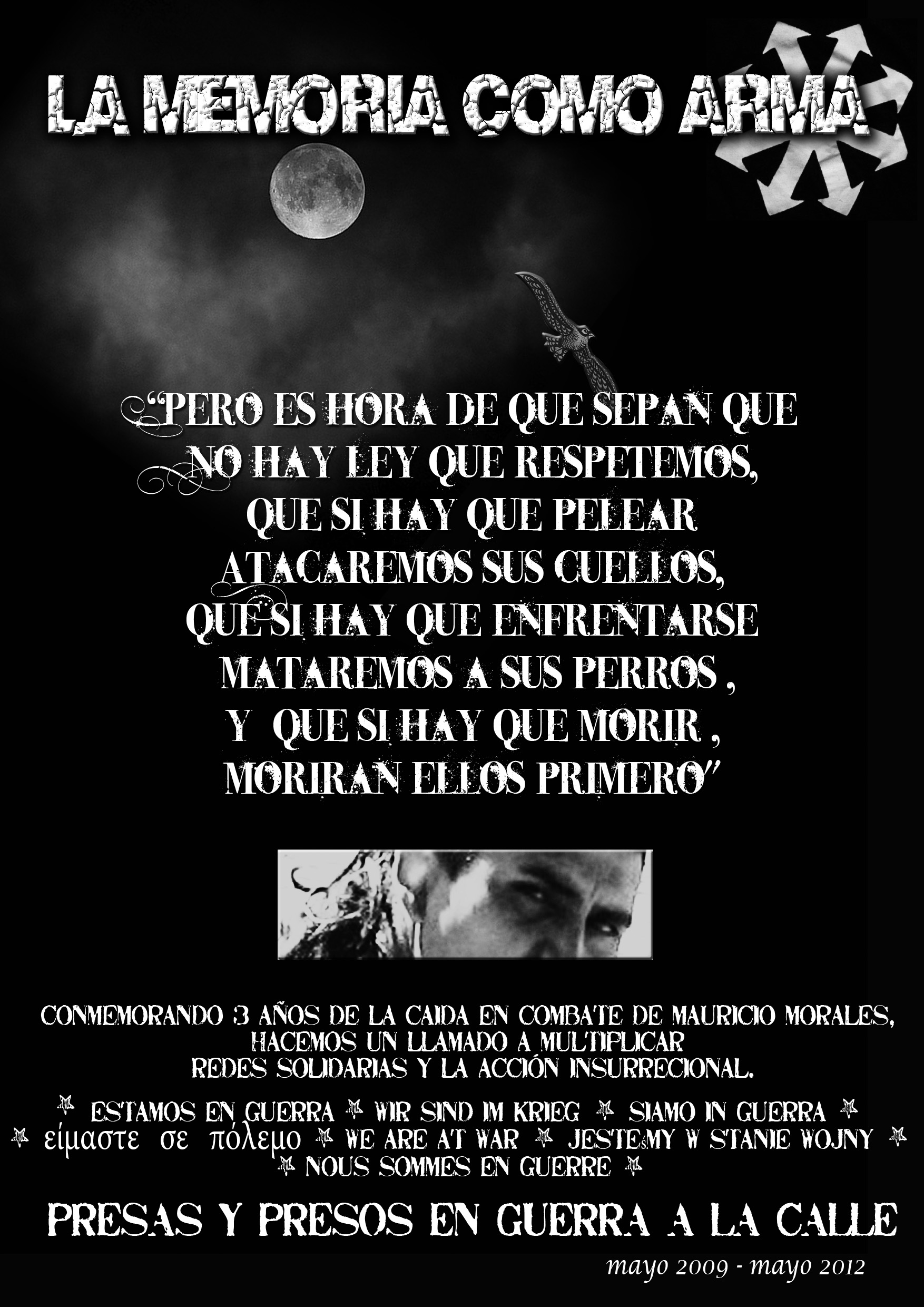
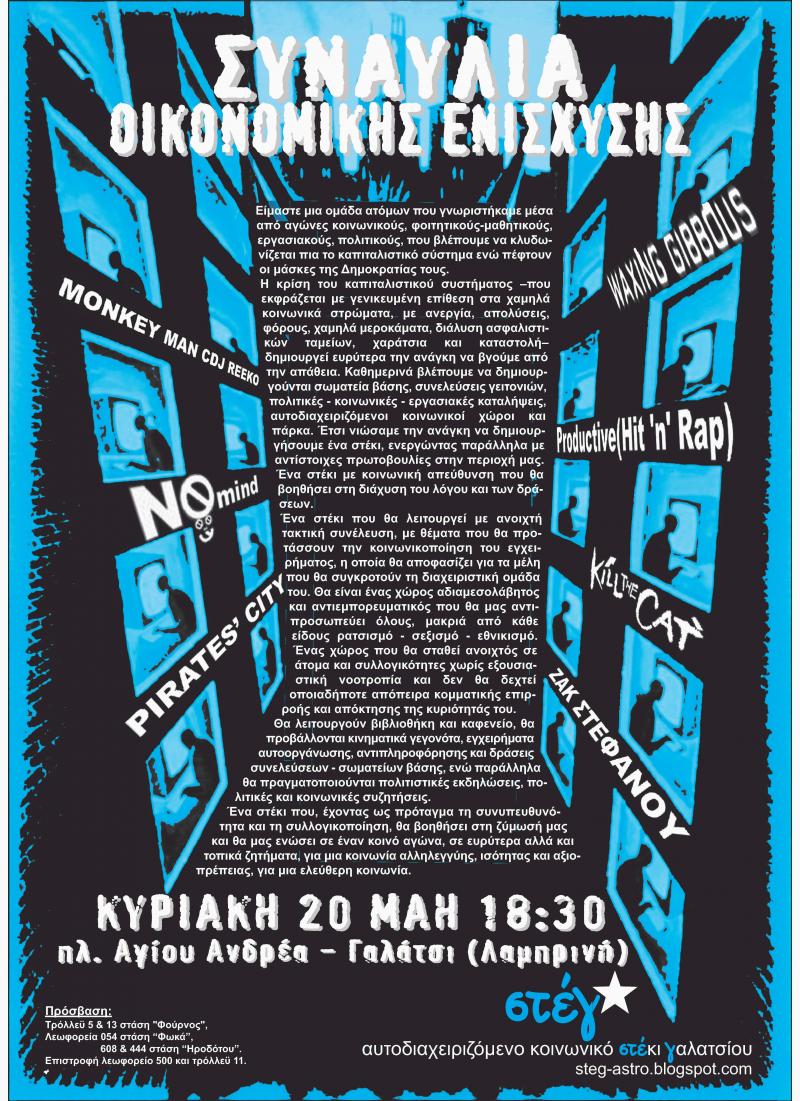








Nessun commento:
Posta un commento